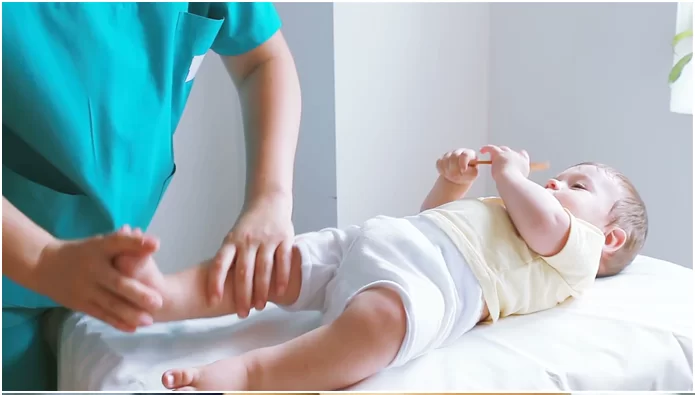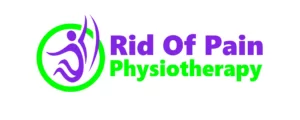Paediatric Physiotherapy
Physiotherapists who work in the field of paediatric problems are paediatric physiotherapy. Paediatric physiotherapist in gurgaon use many skills to train developmental and growth milestones. It improves physical function by improving milestones and quality of life. It gives long long-termites and significant results. A wide number of acute and chronic conditions can be treated and make the children adjust themselves to the school and social environment.

Assessment and, diagnosis is made to treat neurological developmental, orthopaedic conditions cardiorespiratory and in children up to 18 years of age, it focus on improving function and increasing independence with the improvement of motor control, muscle strength and endurance in conditions like cerebral palsy.
Where does paediatric physiotherapy work
The need of the child always changes with age and according to that treatment also changes. Paediatric physiotherapy works in the home, school and, community areas to achieve maximum daily life activity independence with the child’s education, and social and cultural needs.
Benefits of Paediatric Physiotherapy
- Improves posture and integrates reflexes of child
- Improve respiratory difficulties. Movement easier and reduces the compensation
- Improves gross motor skills.
- Removing learning difficulties.
- Improving vision
- Improves muscle strength.
- Improves balance and coordination.
- Improves muscle tone.
- Improved gait pattern
- Improves functional mobility.
Examples of Specific Treatments Approaches
- Bobath approach
- Motor learning programme
- Rood’s approach Conductive education approach
- Mirror therapy
- Developmental milestones
- Reflex
- Neurodynamics
- PNF
- Coordination exercises
- Balance training
- Gait
Where possible, play-based therapy is induced to motivate the child and improve functional life.
Common Conditions
Dr. Neetu Rathi, Paediatric physiotherapist in gurgaon treat children aged between 0 and 18 years who have difficulty with their physical development because of neurological and/or developmental problems or delayed milestones. neurological conditions can result because of problems with the brain, spinal cord or peripheral nerves and Children face difficulties with their physical functions including mobility, muscle strength, range of movement and balance and coordination.
- Cerebral palsy
- Developmental Coordination Disorder
- Gross motor delay
- Autism
- Spina Bifida
- Hypotonia
- Muscular dystrophy
- Down Syndrome
- Torticollis
- Acquired Brain Injury
- Other genetic disorders
- Weight challenges
RID OF PAIN PHYSIOTHERAPY
BEST PHYSIOTHERAPY CLINIC IN GURGAON- PHYSIOTHERAPY
- OSTEOPATHY
- CHIROPRACTIC
- STRESS HEALING
